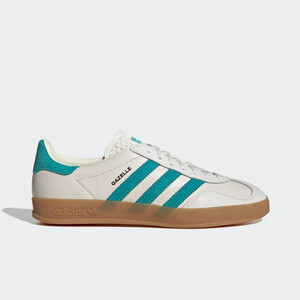Shop adidas Gazelle Sneakers
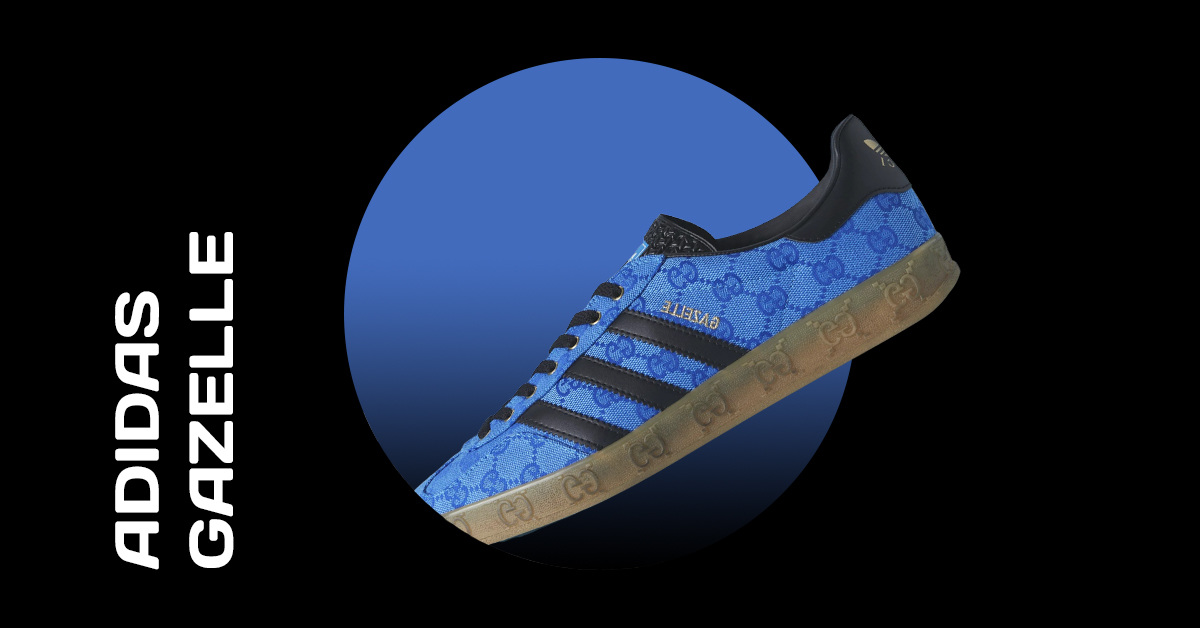
The origin of the name and the initial purpose of the adidas Gazelle has been much discussed in the past. Some assume that the sneaker was intended as a running shoe, which was named after the American sprinter Wilma Rudolph. She won three gold medals at the 1960 Rome Olympics while wearing shoes made by adidas. During this time, she earned the nickname "The Black Gazelle," from which the name of the classic is said to have been derived. However, this is contradicted by the fact that Wilma retired from the competitive running scene as early as 1962. That's a full four years before the first release of the adidas Gazelle. The other theory relates to a penchant for very fast mammals. For example, adidas has sold other sneakers in the past under names like "Panther" or "Jaguar". Therefore, the naming "Gazelle" seems quite logical, as the sneaker is supposed to appeal to the incredible speed of a Gazelle. In terms of the original purpose of the classic, there is also no clear answer. Although the adidas Gazelle was based on a running shoe, the intention was to create a sneaker for a more general athletic use. So at the time, the Gazelle was tested with the help of the West German national soccer team as well as international handball players to find a good balance for the shoe.
This ultimately leads us to the question: apart from its looks, what makes the Gazelle so good? The answer to that is actually as simple as the design of the sneaker. The adidas Gazelle was the first shoe with the famous three stripes to be made of suede. However, at the time of its release, people only knew training shoes made of stinky leather. The advantage of velour is the increased flexibility and lightness, without sacrificing excellent protection of the foot. Athletes were thus offered a wearing sensation that they had never known before.
This ultimately leads us to the question: apart from its looks, what makes the Gazelle so good? The answer to that is actually as simple as the design of the sneaker. The adidas Gazelle was the first shoe with the famous three stripes to be made of suede. However, at the time of its release, people only knew training shoes made of stinky leather. The advantage of velour is the increased flexibility and lightness, without sacrificing excellent protection of the foot. Athletes were thus offered a wearing sensation that they had never known before.
The special differences between the adidas Gazelle colourways
The adidas Gazelle was originally released in only two colorways. A blue and a red sneaker with the characteristic white stripes. One or the other might think that only the color schemes of the shoes differed. However, the two colorways also stood out from each other in terms of the individual components. To notice these differences at all, you only had to turn the two models over. One immediately noticed the completely different outsoles of the two shoes, which also provided a different level of traction. The red Gazelle, for example, featured a transparent and non-slip sole reminiscent of the previous "Olympia" shoe. It was made of rubber and impregnated with a wavy pattern. This made this version perfect for outdoor use. The blue Gazelle, on the other hand, had a ridged microcellular sole. This special microcell technology makes use of small air bubbles in the rubber, which should improve the cushioning qualities of the sneaker again significantly. The ribbed surface also ensured that you got good traction on indoor floors.
In the 70s, the adidas Gazelle was one of the most popular models and the brand with the three stripes continued to experiment with the outsole of the shoe. Thus, for example, the classic was extended by the so-called "Soft Protect Heel Tab", which provided better support for the Achilles tendon. The shoe tongue was also upgraded with nylon and thus offered a little more comfort. Finally, in 1972, the hexagonal microcellular sole was introduced, giving the Gazelle arguably the most modern outsole. It is still used today for the reinterpretation of the shoe.
In the 80s, the adidas Gazelle continued to be produced and gained great popularity, especially in Great Britain. There, it was primarily sold as a training and casual shoe. Interestingly, until the release of the Australian Gazelle Grun in 1985, there were no other color variations in Europe. It wasn't until the 90s that countless attention-grabbing colorways were released. Incidentally, the version from 1991 was then also used for the revival in 2016. The career of the adidas Gazelle is just amazing
In the 70s, the adidas Gazelle was one of the most popular models and the brand with the three stripes continued to experiment with the outsole of the shoe. Thus, for example, the classic was extended by the so-called "Soft Protect Heel Tab", which provided better support for the Achilles tendon. The shoe tongue was also upgraded with nylon and thus offered a little more comfort. Finally, in 1972, the hexagonal microcellular sole was introduced, giving the Gazelle arguably the most modern outsole. It is still used today for the reinterpretation of the shoe.
In the 80s, the adidas Gazelle continued to be produced and gained great popularity, especially in Great Britain. There, it was primarily sold as a training and casual shoe. Interestingly, until the release of the Australian Gazelle Grun in 1985, there were no other color variations in Europe. It wasn't until the 90s that countless attention-grabbing colorways were released. Incidentally, the version from 1991 was then also used for the revival in 2016. The career of the adidas Gazelle is just amazing
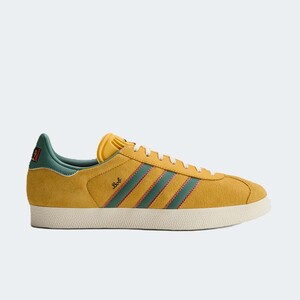.jpg)
adidas Gazelle "Bold Gold"
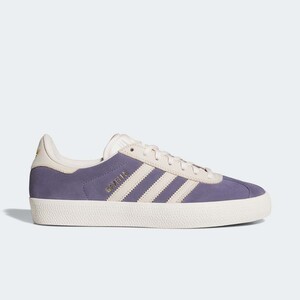
adidas Gazelle ADV "Super Purple"
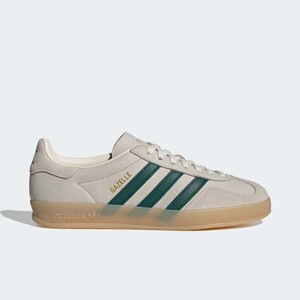
adidas Gazelle Indoor "Cream White"
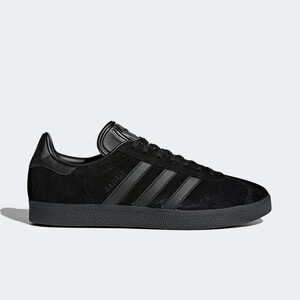
adidas Gazelle "Core Black"
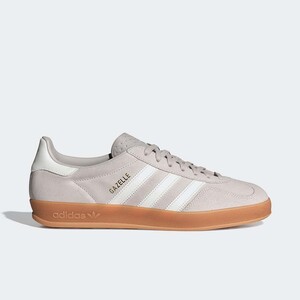
adidas Gazelle Indoor "Chalk Pearl"
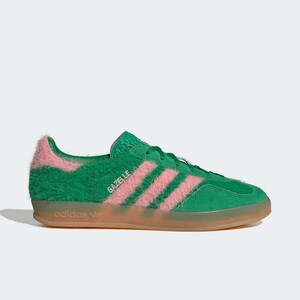
adidas Gazelle Indoor "Green/Pink"
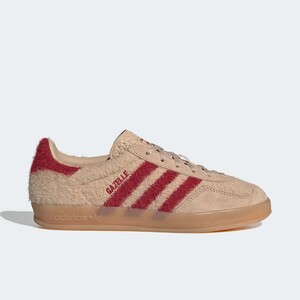
adidas Gazelle Indoor "Beige/Red"
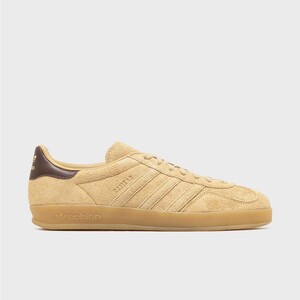.jpg)
adidas Gazelle Indoor "Gold/Beige"
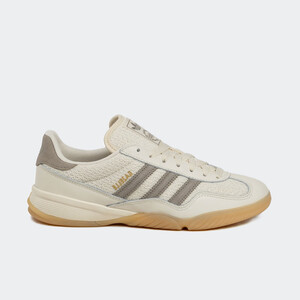.jpg)
adidas Gazelle Sala "Cream White"
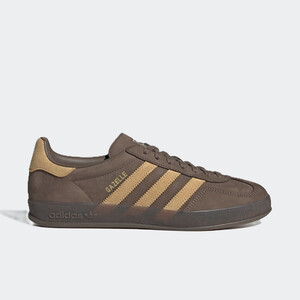.jpg)
adidas Gazelle Indoor "Cargo Brown"
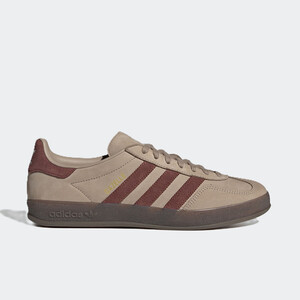.jpg)
adidas Gazelle Indoor "Trace Khaki"
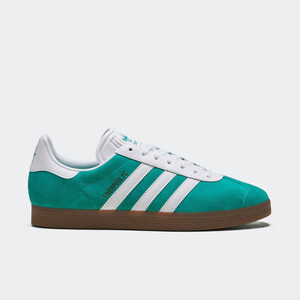.jpg)
adidas Gazelle "Liverpool FC"
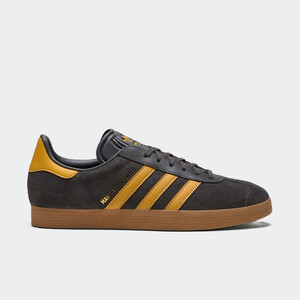.jpg)
adidas Gazelle "Manchester United"
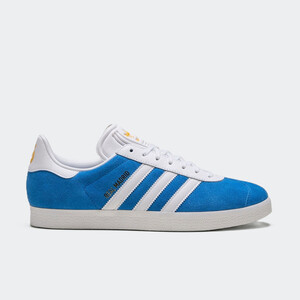.jpg)
adidas Gazelle "Real Madrid"
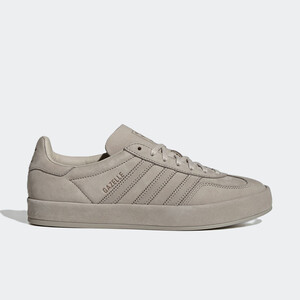.jpg)
adidas Gazelle Indoor Lux "Wonder Alumina"
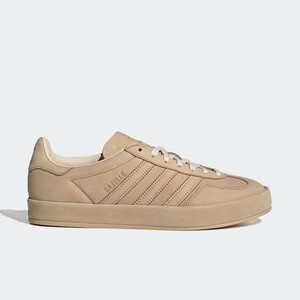.jpg)
adidas Gazelle Indoor Lux "Magic Beige"
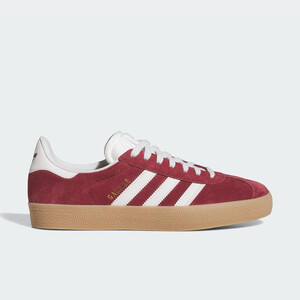.jpg)
adidas Gazelle ADV "Shadow Red"
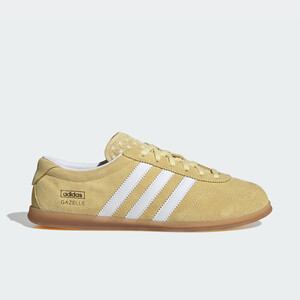.jpg)
adidas Gazelle Lo Pro "Almost Yellow Gum"
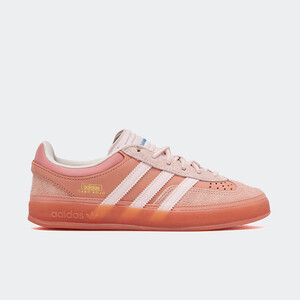.jpg)
Bad Bunny x adidas Gazelle Indoor "Cabo Rojo"
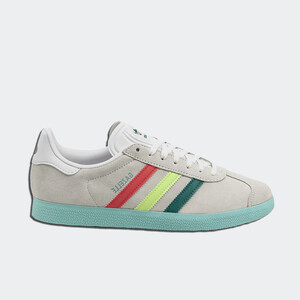
MLS x adidas Gazelle "San José Earthquakes"
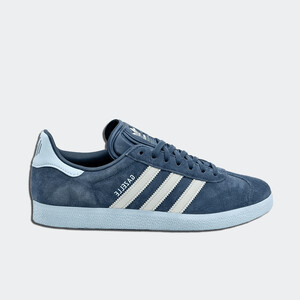
MLS x adidas Gazelle "Nashville SC"
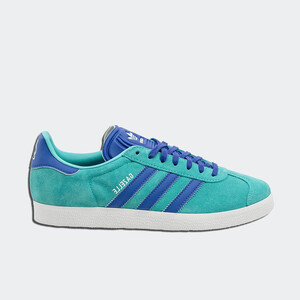
MLS x adidas Gazelle "Seattle Sounders FC"
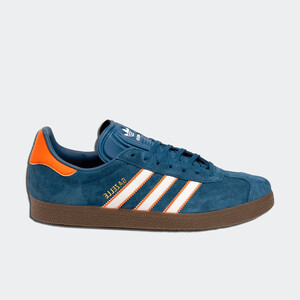
MLS x adidas Gazelle "Minnesota United FC"
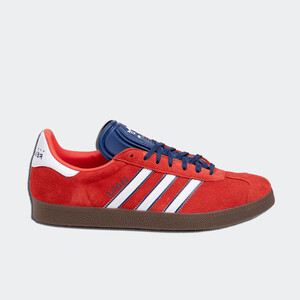
MLS x adidas Gazelle "New England Revolution"
.jpg)
adidas Gazelle "Victory Blue"
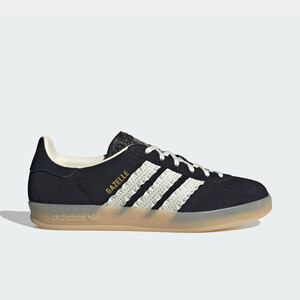.jpg)
adidas Gazelle Indoor "Core Black"
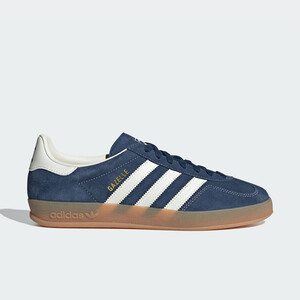.jpg)
adidas Gazelle Indoor "Night Indigo"
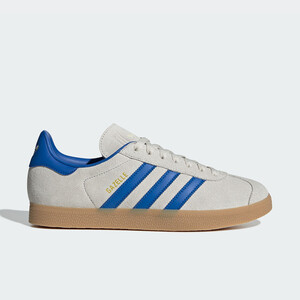.jpg)
adidas Gazelle "Alumina"
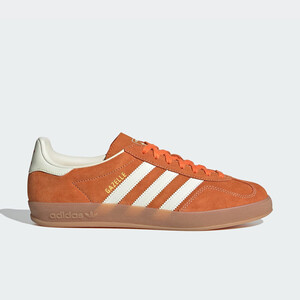.jpg)
adidas Gazelle Indoor "Orange"
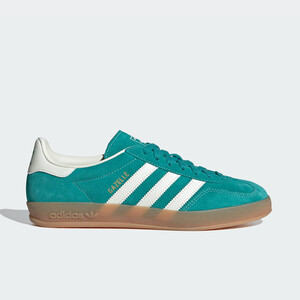.jpg)
adidas Gazelle Indoor "Pure Teal"
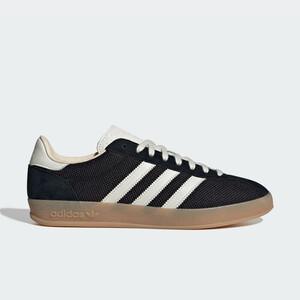
adidas Gazelle Indoor Pro "Black"
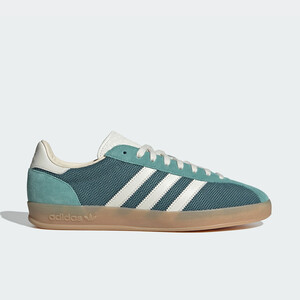.jpg)
adidas Gazelle Indoor Pro "Teal"

adidas Gazelle Indoor "Bliss Pink"
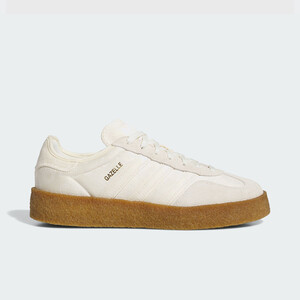
CLOT x adidas Gazelle "Cream White"
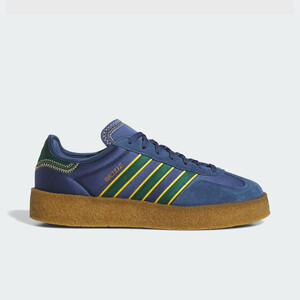
CLOT x adidas Gazelle "Night Marine"
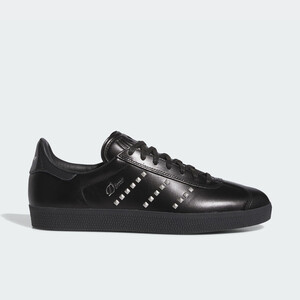
DIME x adidas Gazelle ADV "Core Black"
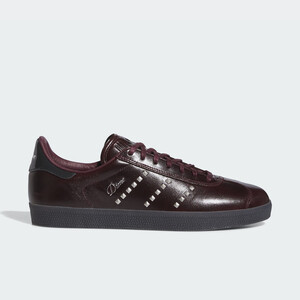
DIME x adidas Gazelle ADV "Maroon"

AS Roma x adidas Gazelle "Legacy Burgundy"

Jude Bellingham x adidas Gazelle "Core Black"
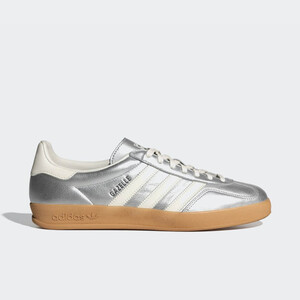
adidas Gazelle Indoor "Silver Metallic"
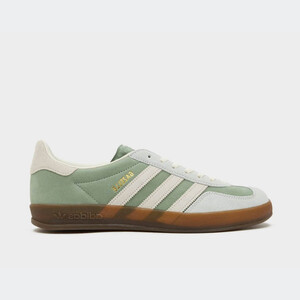
Size? x Dr. Strange x adidas Gazelle Indoor

CLOT x adidas Gazelle "Off White"

CLOT x adidas Gazelle "Collegiate Navy"

Bad Bunny x Lionel Messi x adidas Gazelle Indoor "Wild Brown"
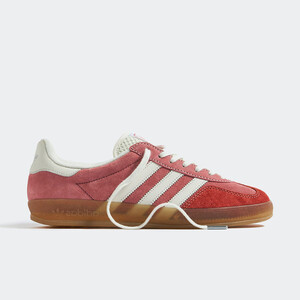
END. x adidas Gazelle Indoor "Laundromat"

Lionel Messi x adidas Gazelle "Purple"
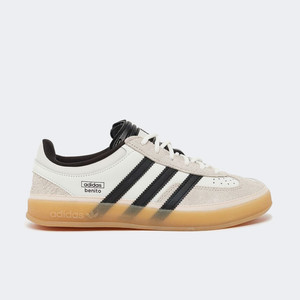
Bad Bunny x adidas Gazelle Indoor "White"
